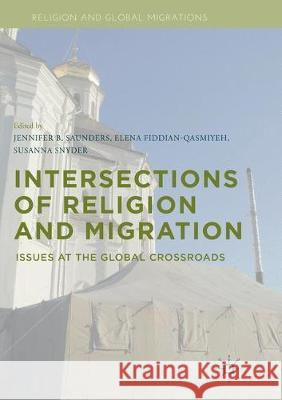Intersections of Religion and Migration: Issues at the Global Crossroads » książka
topmenu
Intersections of Religion and Migration: Issues at the Global Crossroads
ISBN-13: 9781349954469 / Angielski / Miękka / 2018 / 360 str.
Kategorie:
Kategorie BISAC:
Wydawca:
Palgrave MacMillan
Seria wydawnicza:
Język:
Angielski
ISBN-13:
9781349954469
Rok wydania:
2018
Wydanie:
Softcover Repri
Ilość stron:
360
Waga:
0.45 kg
Wymiary:
21.01 x 14.81 x 2.01
Oprawa:
Miękka
Wolumenów:
01
Dodatkowe informacje:
Wydanie ilustrowane











